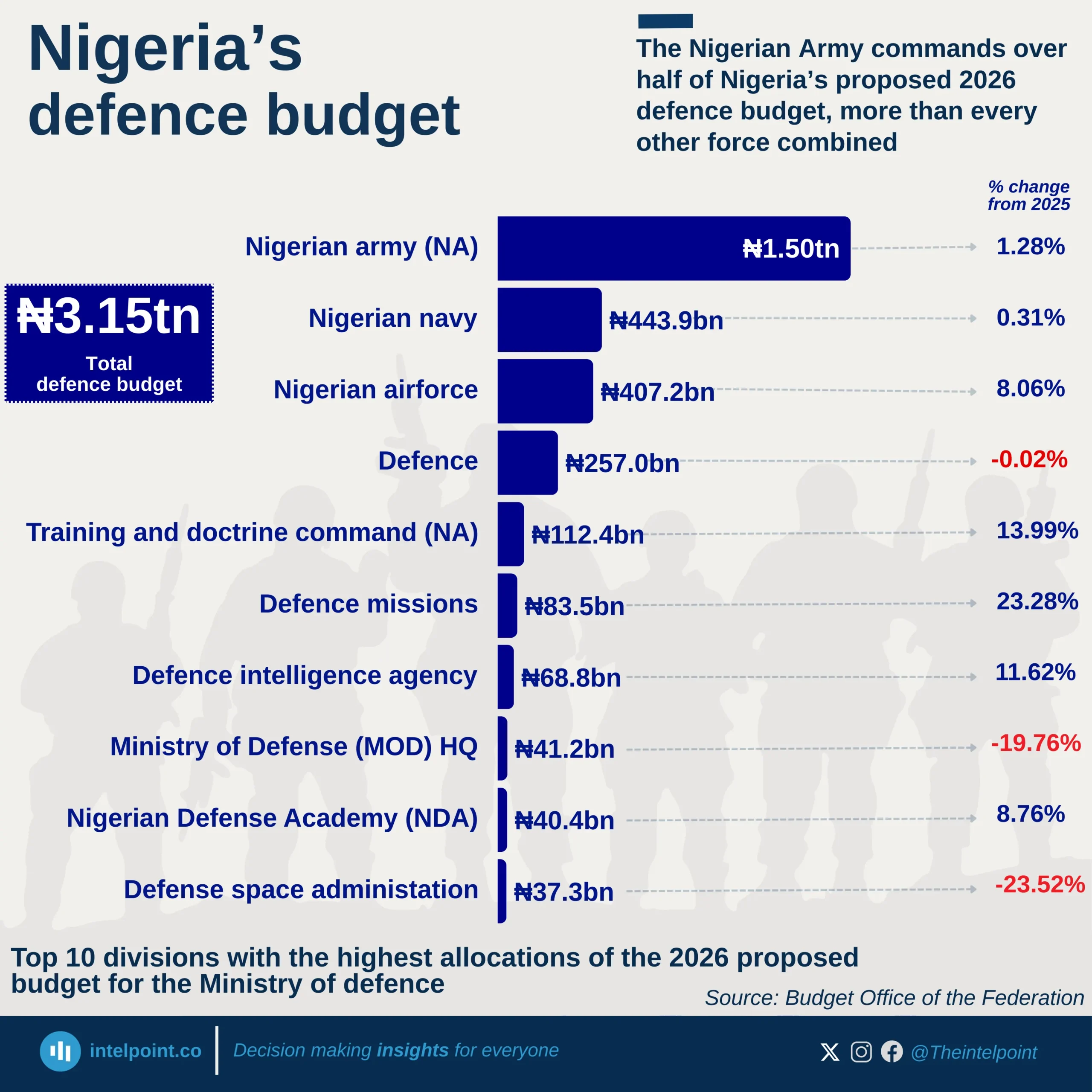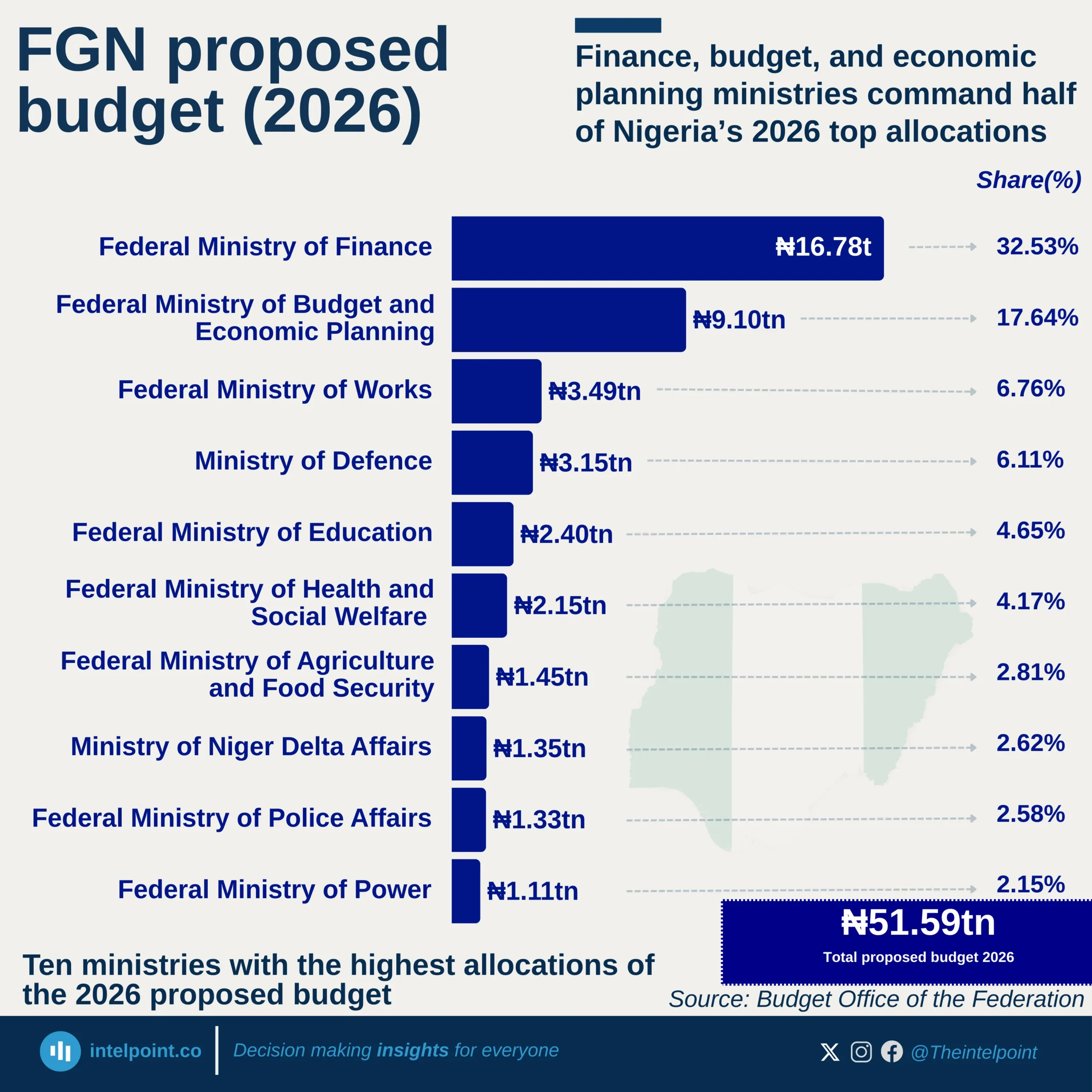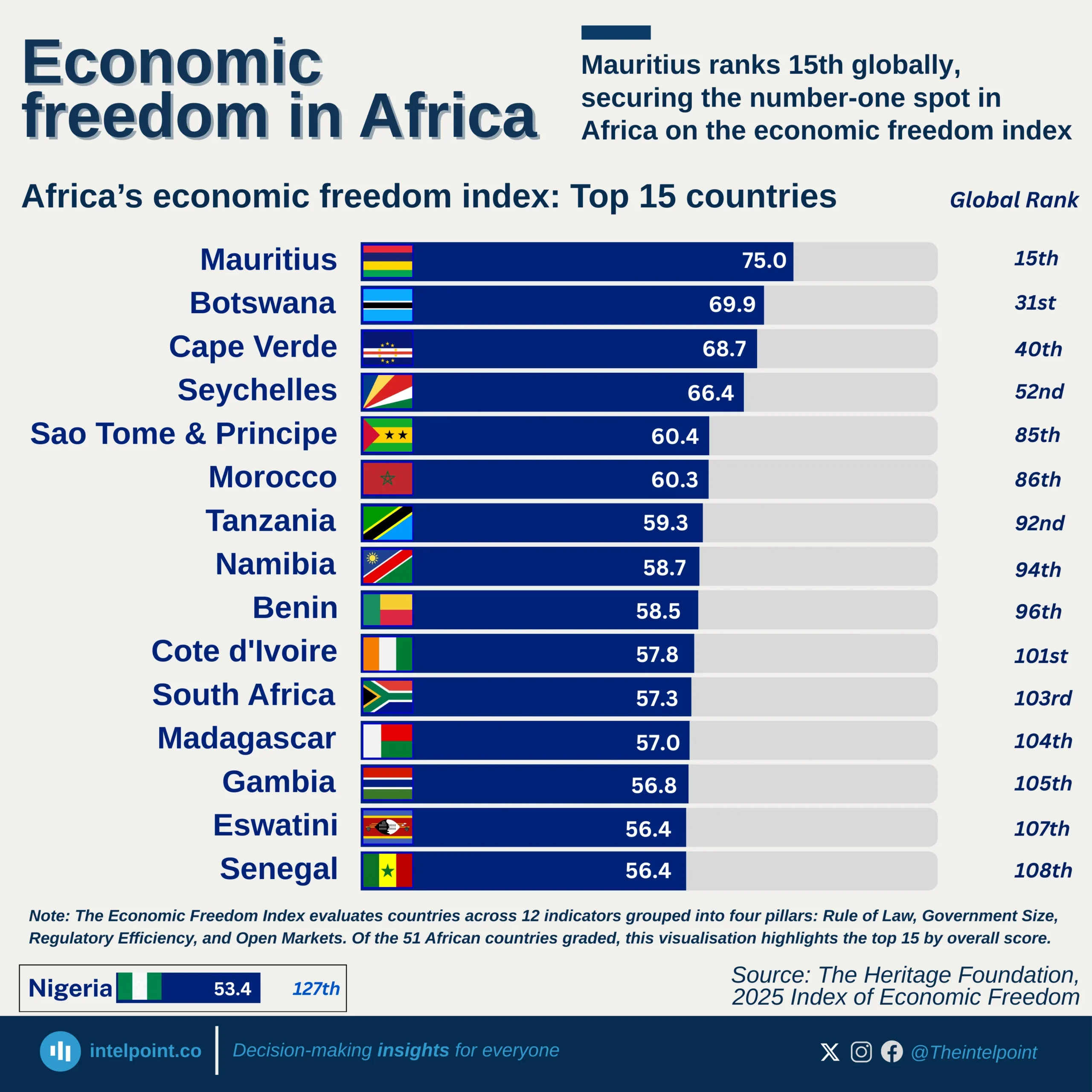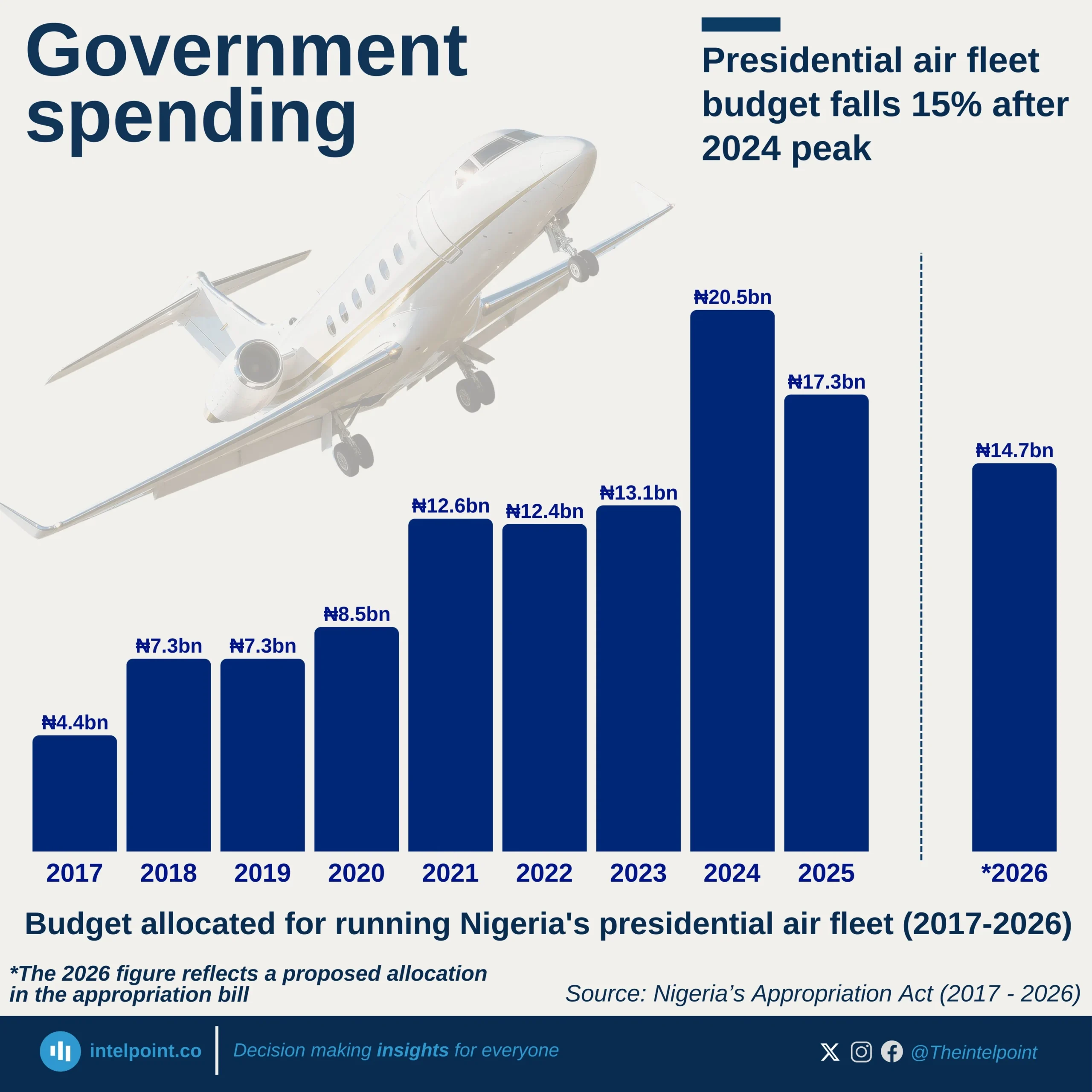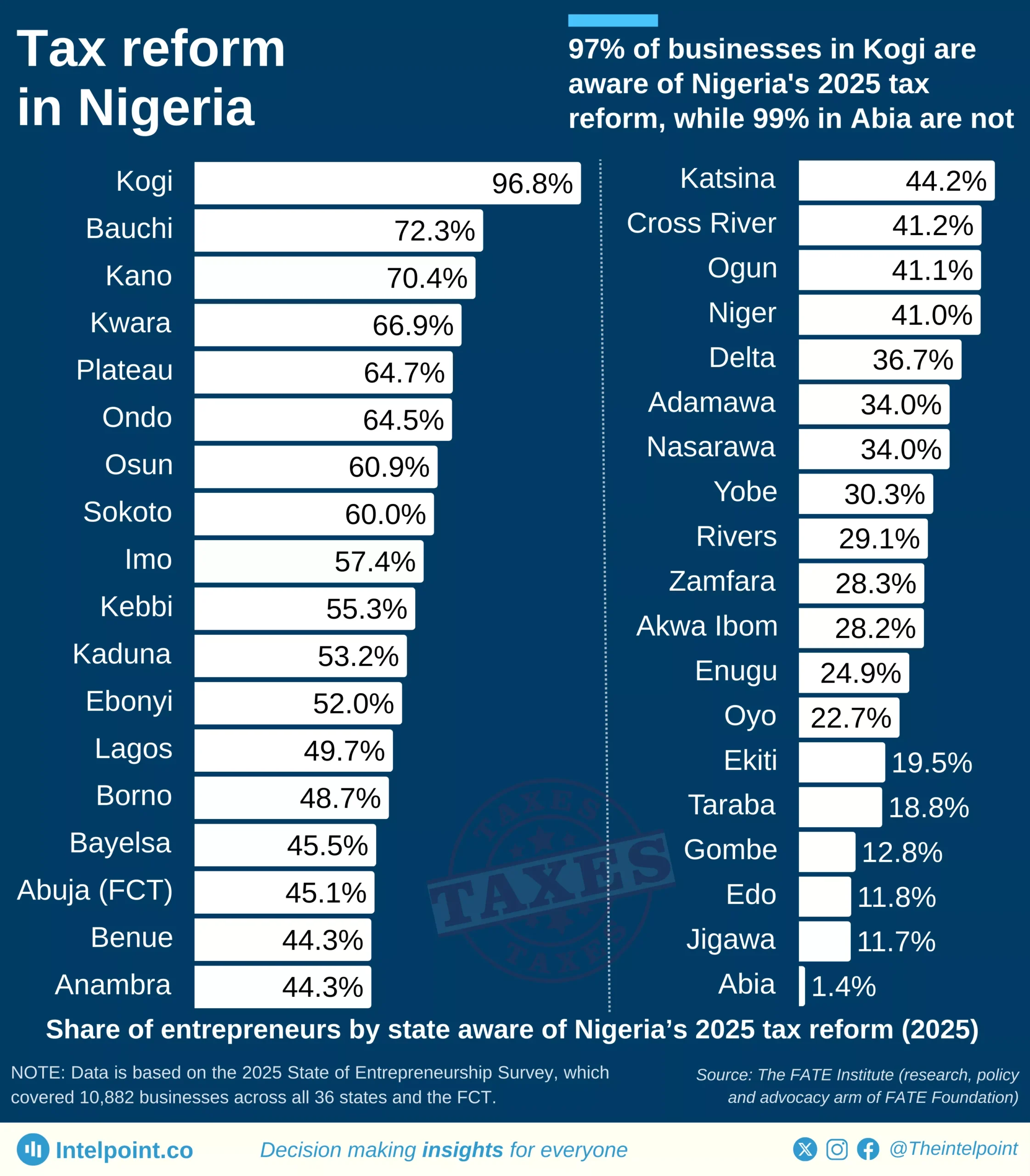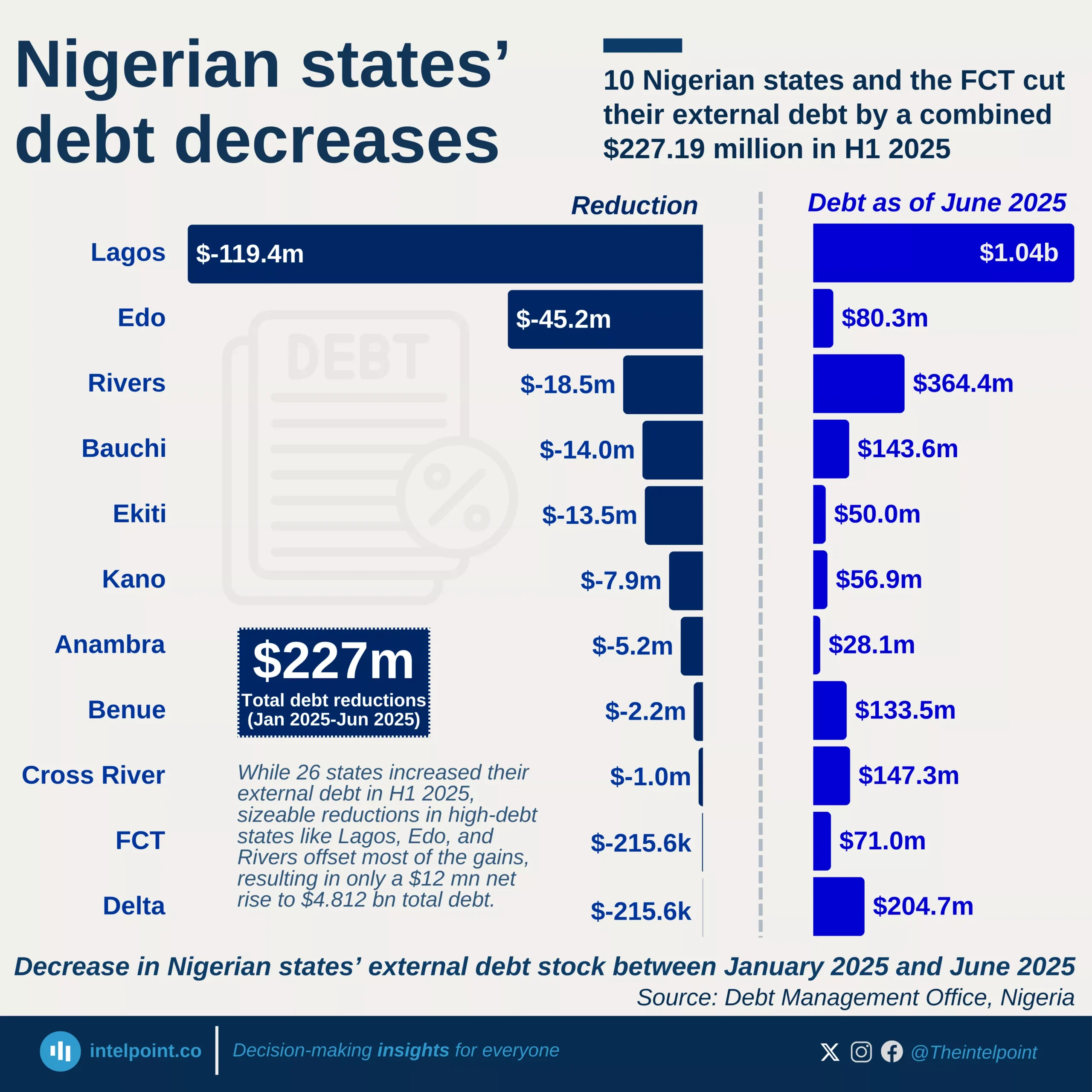Between 2003 and 2024, Morocco's African Infrastructure Development Index (AIDI) score surged by 51.24 points – the highest growth among Africa's top economies. Nigeria, despite having the 4th highest GDP in Africa at $199.72B, ranked 24th on the AIDI in 2024, with a score of 25.70. This points to a critical gap between economic size and the state of infrastructure, revealing a broader issue: a high GDP does not necessarily translate into strong infrastructure development.
Morocco, in contrast, ranked 7th in AIDI with a much smaller GDP of $157.09B. Its 2024 AIDI score was 70.32, more than two times higher than Nigeria’s. Similarly, Algeria and Egypt, with comparable or slightly larger GDPs, scored 61.65 and 91.43, respectively, placing them well ahead in infrastructure performance.
